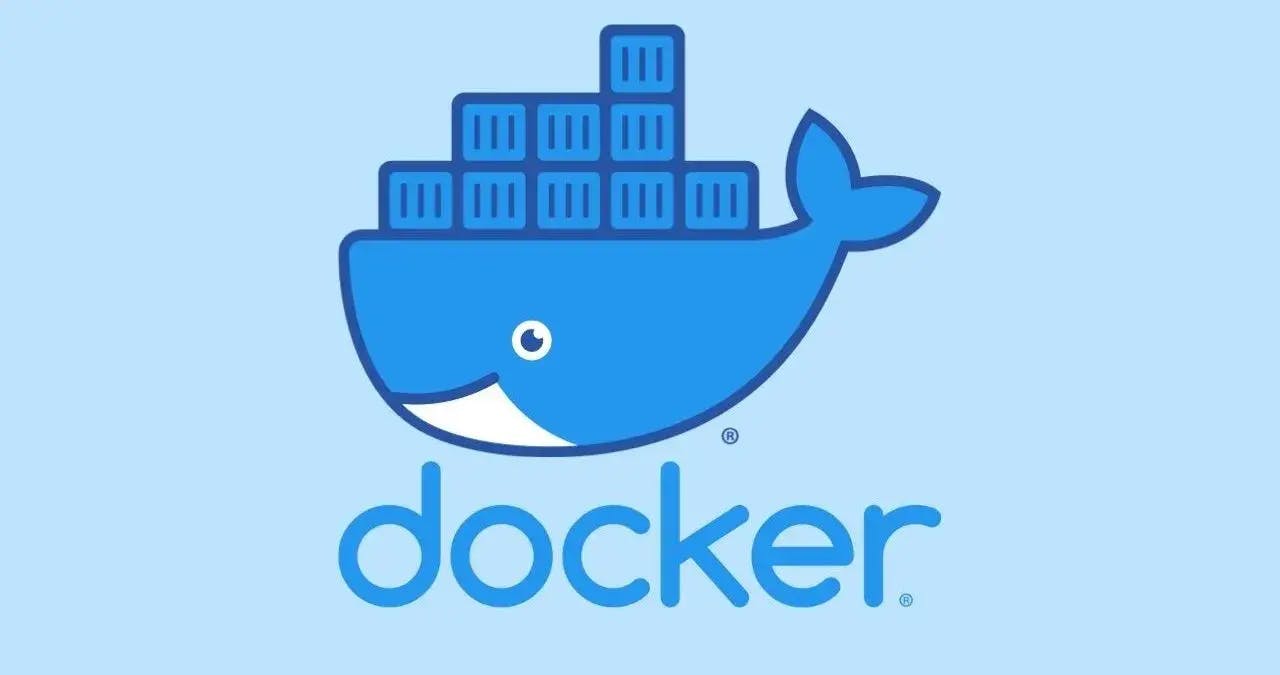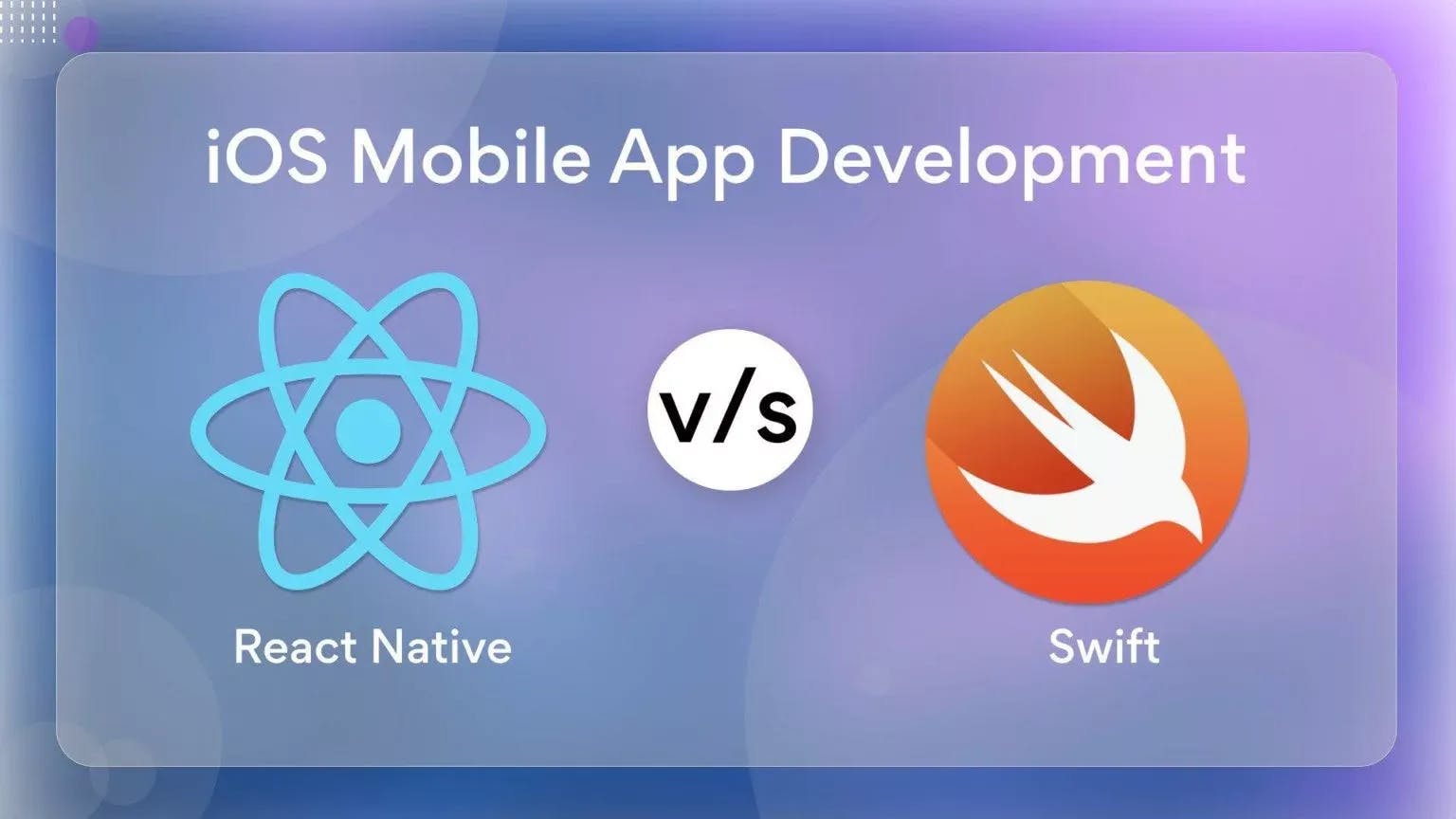Remote back-end integrations engineer jobs
We, at Turing, are looking for talented remote back-end integrations engineers who will be primarily responsible for conducting project reviews and evaluating patches to design automation software and plan for release management. Here's your chance to collaborate with top industry leaders while working with top Silicon Valley companies.
Find remote software jobs with hundreds of Turing clients
Job description
Job responsibilities
- Develop integration interfaces across different platforms
- Develop back-end code to integrate with third party hardware and software APIs through REST, SOAP and/or Vendor SDKs
- Collaborate with external teams to develop solutions to meet customer demands
- Assist with the synchronization and automated testing
- Support back-end integration configuration by developing front-end code
- Participate actively in building public APIs
- Assist engineering team to build microservices using Docker and AWS
- Participate in quality software development
- Contribute to code review and share constructive feedback
- Ensure promoting high quality and engineering best practices
Minimum requirements
- Bachelor’s/Master’s degree in Engineering, Computer Science (or equivalent experience)
- 3+ years of experience in back-end/system integration (rare exceptions for highly skilled developers)
- Hands-on experience in back-end API integration and testing
- In-depth knowledge of protocols like NTP, PTP, TCP, UDP
- Solid expertise in C and C++14 or above
- Solid understanding of enterprise APIs and processes
- Excellent back-end development skills using programming languages like Python, Java, PHP, Ruby, etc.
- Efficiency in RESTful API design and documentation
- Fluent in English to communicate effectively
- Ability to work full-time (40 hours/week) with a 4 hour overlap with US time zones
Preferred skills
- Proficient in using JavaScript and Node.js in web applications
- Remarkable expertise in security, web standards, and architecture
- Clear idea about principles of software design and architecture
- Familiarity with relational database concepts
- Understanding of MuleSoft, Kong or similar API technologies
- Knowledge of Agile, DevOps methodologies
- Great technical, analytical and problem-solving skills
Interested in this job?
Apply to Turing today.
Why join Turing?
1Elite US Jobs
2Career Growth
3Developer success support
How to become a Turing developer?
Create your profile
Fill in your basic details - Name, location, skills, salary, & experience.
Take our tests and interviews
Solve questions and appear for technical interview.
Receive job offers
Get matched with the best US and Silicon Valley companies.
Start working on your dream job
Once you join Turing, you’ll never have to apply for another job.

How to become a remote Backend integrations engineer in 2023?
The world of customer-facing software and applications is dictated by evolving user-preference patterns. To cope with changing needs and scaling requirements, the use of integrations is quite common in the present industry. In the past decade, the utilization of third-party integrations has significantly increased. This has allowed developers to quickly configure essential features and key functions to make applications more usable. For which, the importance of Backend integrations engineers has also increased in the market.
Based on the importance of assembling a team fit to address the requirements of modern applications, companies actively try to find developers capable of taking ownership of tasks. In the current industry, Backend integrations engineers are high-value professionals capable of driving several development processes. The right hiring can allow a team to build more efficient applications with the potential of becoming the preferred choice. So, for developers looking to find success working as a Backend integrations engineer, the future can be filled with new opportunities.
What is the scope in back-end integrations engineering?
The rising importance of remote access and digitally-enabled services will present backend development experts with plenty of opportunities in the decade ahead. With a growing number of users joining the digital revolution every day, the demand for experts has also increased. Backend developers specializing in integration processes and the right set of skills can easily secure the best jobs in the market.
Backend integrations are an important part of every development process and need to be scalable to fit an evolving market. Also with an increasing number of new third-party plugins and extensions making software development seamless, a deep understanding of integration processes will be defining skills. So, if you’re looking to take your career ahead as a back-end integrations engineer, stay updated about the latest developments and releases. Also, keep scaling up your knowledge of working with associated technologies.
What are the responsibilities and roles of a back-end integrations engineer?
When hired for back-end integrations engineer jobs, expect to contribute to almost every aspect of the back-end development processes. Top tech firms always try to hire back-end integration developers with a few years of professional experience. Such hirings are often beneficial as experienced developers also present the chance to find future leaders. As a back-end integrations engineer expect to be closely associated with tasks like third-party integrations, test automation setups, assisting in code reviews, and more. You will also need to pay close attention to project specifications to understand essential backend services and prioritize development processes. You may also have to collaborate with front-end team members to produce optimized features.
If you’re looking to work as a Backend integrations engineer, expect daily responsibilities to include tasks like:
- Build interfaces for integration across different platforms
- Write back-end codes for integrating third-party hardware and APIs using REST, SOAP, or Vendor SDKs
- Work closely with external teams to develop solutions utilizing customer preferences
- Contribute to synchronization and automated testing processes
- Assist back-end integrations by writing efficient front-end codes
- Actively contribute to building public APIs
- Work with engineering teams to build microservices using Docker and AWS
- Participate in quality software development
- Perform scheduled code review and provide constructive feedback
- Implement high-quality engineering best practices
How to become a back-end integrations engineer?
Back-end integrations are a vital part of every software development project and require a thorough understanding of industry standards. To find success in such roles, you need to be familiar with API integration and testing processes and protocols like NTP, PTP, etc. You are also expected to possess expertise in working with several modern programming languages used for building customer-facing applications. Along with knowledge of programming backend integrations, you should also be able to communicate with confidence. Interpersonal skills play a huge part in the modern work culture, especially with remote positions becoming more common. A degree in Computer Science or related fields will also find it easier to secure the best openings at top companies.
Professionals with a skillset covering every aspect of backend development and integrations can build a successful career. As a developer specializing in backend development, you should also have a fair understanding of user preferences to devise the right logic for every niche product. To get a detailed idea about the primary skills required to find success in a back-end integrations engineer, check out the following section.
Interested in remote Backend Integrations engineer jobs?
Become a Turing developer!
Skills required to become a back-end integrations engineer
In order to build a successful career as a back-end integrations engineer, developers need to possess expertise in working with technologies. To work as a back-end integrations engineer you’ll need to develop capabilities of working with the following aspects:
1. Python
Python is probably the most widely utilized general-purpose programming language today. Developed to improve the readability of codes, the language has quickly managed to become a preferred choice. Python, as a programming language, has been built using an object-oriented approach to help programmers to write clean, efficient, and logical codes for different types of development activities. In addition to modern web and mobile app development projects, Python is also a prime solution for building data analytics, ML, and other data-driven services. It is an extremely versatile language capable of supporting essential tasks to define the logic of applications.
2. Java
Java should also be considered one of the primary languages to build a career as a back-end integrations engineer. One of the most widely utilized programming languages in use today, Java is a general-purpose language capable of supporting several niches. It is a preferred choice of developers as it helps to write and run codes anywhere irrespective of the architecture of the system. It is also a language that offers write-once and run-anywhere models; this helps developers to compile codes on any platform that supports the Java Runtime Environment. So, if you plan to define your career as a back-end integrations engineer, deep Java development knowledge would be really helpful.
3. RESTful APIs
REST, short for representational state transfer, is a set of definitions and protocols used for building and integrating applications. RESTful APIs are a perfect choice for software development of various niches and can also help to make solutions scalable. As a back-end integrations engineer, the ability to take charge of integration processes and draft thorough documentation can be one of the defining traits. For which, keep developing a thorough understanding of working with API-related tasks like - developing, modifying, and maintaining. You should also be able to understand project requirements to implement the required logic.
4. Versioning tools
Most tech firms today build and maintain software applications using small and scalable modules of code. This allows teams to maintain the stability of applications, even while configuring upgrades and new features. To work efficiently in such models, version control systems offer deep insight. Developers can use these tools to keep track of modifications made to codes during the development process. It not only helps developers to stay updated with the codebase but helps to quickly switch to a stable version in case of emergencies. So, having familiarity or experience of working with such tools will help you become a more efficient back-end integrations engineer.
5. Interpersonal skills
Working in the modern software development industry requires a lot more than technical proficiency. Developers today need to undertake various responsibilities outside their core competencies. They often also need to collaborate with different cross-functional teams and interact with clients to produce high-quality software. For which, interpersonal skills play a huge part in today’s agile work culture. Developers need to actively interact and share their opinion from time to time to keep the chain of information flowing. So to find success working as a back-end integrations engineer, brushing up on language skills and openness to collaborate has become essential.
Interested in remote Backend Integrations engineer jobs?
Become a Turing developer!
How to get hired as a remote back-end integrations engineer?
Companies today prefer to work with professionals with a deep understanding of important technologies. For which constantly upgrading personal tech stack and developing knowledge of various domains has become essential. In addition to core technologies required for backend development, developers also need to have a clear idea about user-preferences. This allows developers to build entire applications and front-ends drawing inspiration from preferred features. The primary objective of any back-end integrations engineer is to build efficient solutions that offer class-apart user experience using intuitive interfaces.
Turing has quickly become the premier platform for taking careers forward working as a remote back-end integrations engineer. We provide developers opportunities to work on era-defining projects and business problems using state of the art technologies. Join the fastest growing network of the top developers around the globe to get hired as a full-time and long-term remote back-end integrations engineer developer with the best pay packages.
Why become a back-end integrations engineer developer at Turing?
Elite US jobs
Long-term opportunities to work for amazing, mission-driven US companies with great compensation.
Career growth
Work on challenging technical and business problems using cutting-edge technology to accelerate your career growth.
Exclusive developer community
Join a worldwide community of elite software developers.
Once you join Turing, you’ll never have to apply for another job.
Turing's commitments are long-term and full-time. As one project draws to a close, our team gets to work identifying the next one for you in a matter of weeks.
Work from the comfort of your home
Turing allows you to work according to your convenience. We have flexible working hours and you can work for top US firms from the comfort of your home.
Great compensation
Working with top US corporations, Turing developers make more than the standard market pay in most nations.
How much does Turing pay their back-end integrations engineer?
Every back-end integrations engineer at Turing can set their own pricing. Turing, on the other hand, will recommend a salary to the back-end integrations engineer for which we are confident of finding a fruitful and long-term opportunity for you. Our salary recommendations are based on an analysis of market conditions as well as customer demand.
Frequently Asked Questions
Latest posts from Turing
Leadership
Equal Opportunity Policy
Explore remote developer jobs
Based on your skills
- React/Node
- React.js
- Node.js
- AWS
- JavaScript
- Python
- Python/React
- Typescript
- Java
- PostgreSQL
- React Native
- PHP
- PHP/Laravel
- Golang
- Ruby on Rails
- Angular
- Android
- iOS
- AI/ML
- Angular/Node
- Laravel
- MySQL
- ASP .NET
Based on your role
- Full-stack
- Back-end
- Front-end
- DevOps
- Mobile
- Data Engineer
- Business Analyst
- Data Scientist
- ML Scientist
- ML Engineer
Based on your career trajectory
- Software Engineer
- Software Developer
- Senior Engineer
- Software Architect
- Senior Architect
- Tech Lead Manager
- VP of Software Engineering










